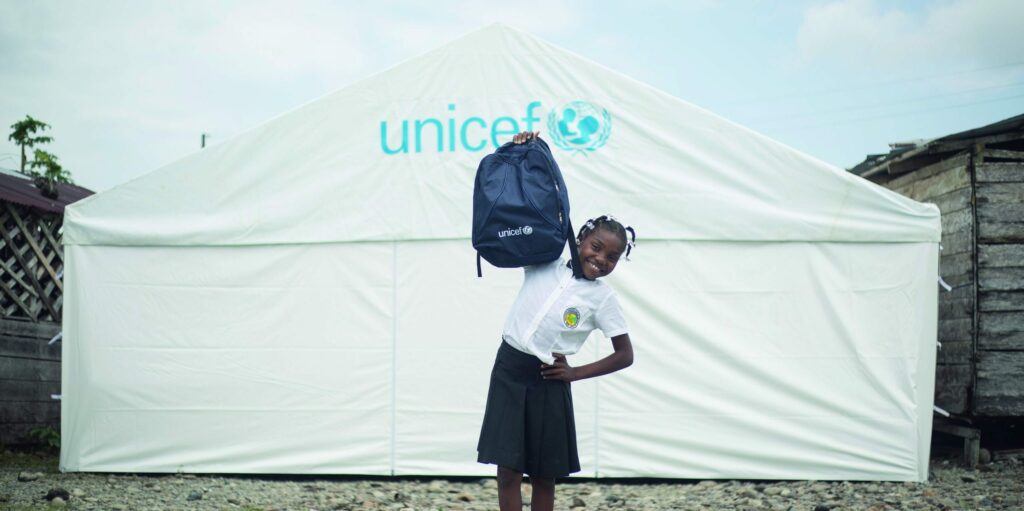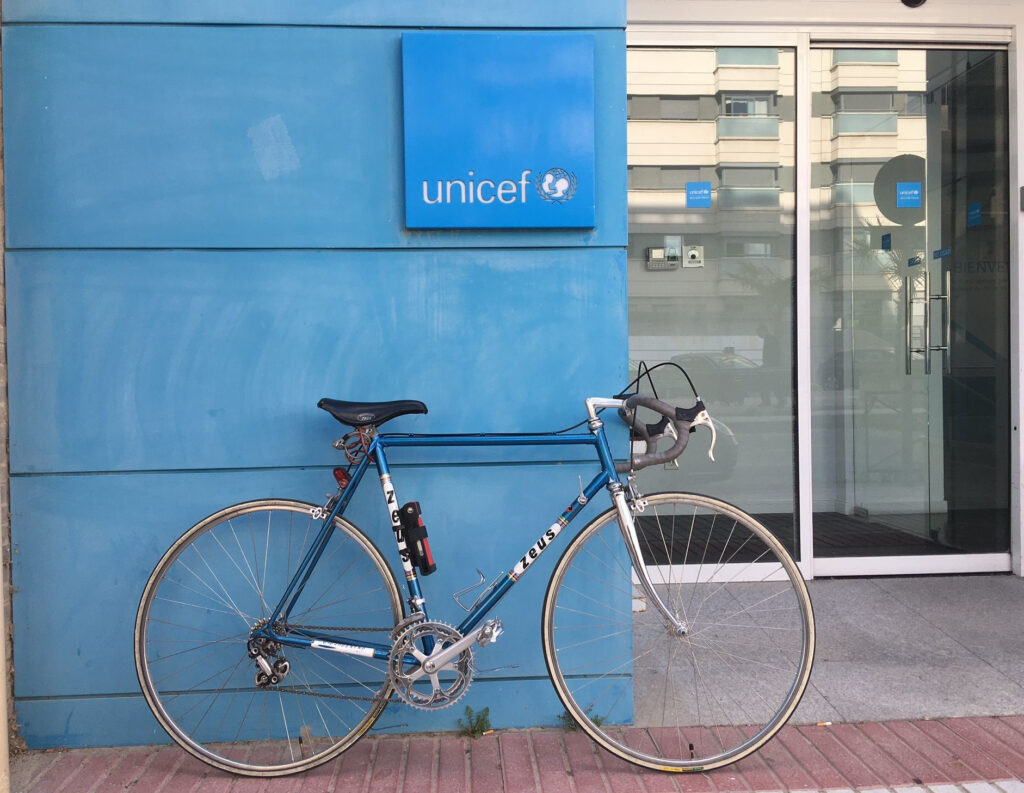
Unicef and Abertis Renew Agreement to Promote Sustainable and Safe Mobility for Children and Adolescents

Among the aspects that make up sustainable mobility are not only zero-emission and efficient travel, but also safety, which is of fundamental importance. In the case of children and adolescents, plans are urgently needed to safeguard their safety as they travel around their cities.
According to figures from the United Nations (UN), road traffic injuries are the leading cause of death among children over the age of 10 worldwide. Every day, more than 500 children die on the world’s roads.
Against this backdrop, Unicef and Abertis, a Spanish company specializing in highway management, signed a 4-year extension of the international collaboration agreement aimed at promoting more sustainable mobility for children and adolescents.

Alliance Plans
Among the objectives set by Abertis and Unicef are to alleviate the lack of safe infrastructures in school zones, improve the behavior of drivers and accompanying persons and promote safe and sustainable mobility for children in cities, reinforcing the available resources, as well as the legislation in high-risk countries in relation to road safety.
The joint work is framed under the “Rights of Way” project, which since its inception five years ago carried out actions in countries with high levels of child road accidents. With this proposal, medical teams from the Institut Guttmann specialized in the treatment of neurological injuries (spinal cord injury and acquired brain damage) travel to various countries to carry out training sessions and advise local doctors on the best practices applied for the prevention and treatment of injuries resulting from traffic accidents.
The program has developed campaigns in schools in areas at high risk of road accidents, helping to improve the safety of nearly 267,000 children in Brazil, Jamaica and the Philippines, the countries where the plan was launched.
Brazil, India and Mexico will be the main focus of the second phase of the initiative. In Mexico in particular, a new program has been introduced to promote access to careers in science and technology for girls between the ages of 12 and 16 who attend schools in municipalities with high levels of poverty.





